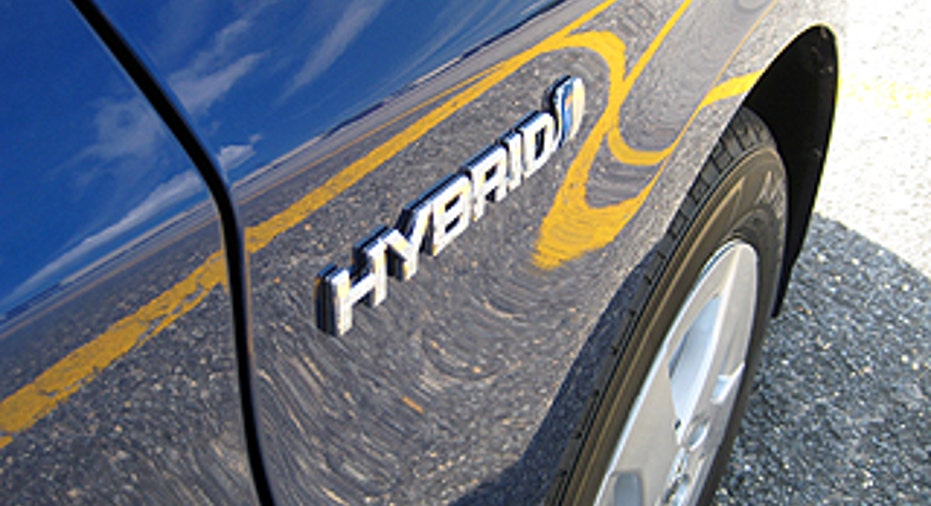Higher Gas Prices Mean Smaller Cars?

With gas prices on a steady incline, consumers are flocking to smaller, more fuel-efficient vehicles. Sound familiar? It should, the same thing happened in May of 2011 when gas prices climbed to $3.98.
Gas prices have risen by 44 cents per gallon since last year, hitting $3.64 per gallon, according to the AAA Fuel Gauge Report. Some experts are even predicting the average price per gallon will hit $5 in the summer.
“When gas prices rise to new highs, consumers tend to buy smaller, more fuel-efficient vehicles,” says Jesse Toprak, vice president of market intelligence at TrueCar.com. “I think there will definitely be more attention around the Toyota Prius, the Chevy Volt and the Nissan Leaf. The whole category of those vehicles is going to get a boost in consumer interest and sales.”
Small and subcompact cars currently have a market share of 22%, and are expected to post year-over-year gains of 20%, according to Truecar.com. During the first quarter of 2011, gas prices rose by 36 cents per gallon, and during that same period subcompact and small cars experienced the highest increase in sales of any other car category, of 1% and 0.6% respectively.
“As long as the gas prices hold where they are or go up….hybrid cars and electric cars are going to benefit from that. Once people start running the numbers, it doesn’t take long before they realize the long-term cost savings of a more fuel-efficient vehicle,” says Toprak.
He adds that consumers with a commute of more than 20 miles per day who spend around $80 or more per week on gas would reap the most benefits from a hybrid or fuel-efficient car.
“Gas prices were low enough for a while that it didn’t make financial sense, but as these cars become more mainstream and dropped their prices a little, it’s making a lot more sense,” he says.
Having a fuel-efficient car doesn’t mean you have to have a hybrid sitting in your garage, according to Lacey Plache, chief economist for Edmunds.com. “The number of cars that get 30 miles per gallon or 40 miles per gallon continues to grow. “There is a lot more competition to electrics and hybrids these days. I think we will see some uptick in hybrid sales, but it’s not like the market share is going to double all of a sudden, or that when gas hits $4.50 everyone is going to run out and buy a hybrid car.”
Some of the factors that have historically made people reluctant to buy hybrids are still in place, Plache says, including worries over becoming stranded over a dead battery and no access to a charger. Problems that won’t be solved just because gas prices increase, she says.
Of course, it’s difficult for anyone to say what consumer behavior might be if prices were high enough, says Dave Guilford Enterprise Editor at Automotive News.
“If prices were at European levels at $8 a gallon, that might change the whole game,” Guilford says. “People’s choices are sensitive to price, and if electric and hybrid cars start coming down in price at the same time gas is going up, then this could be the dawning of a new era.”



















